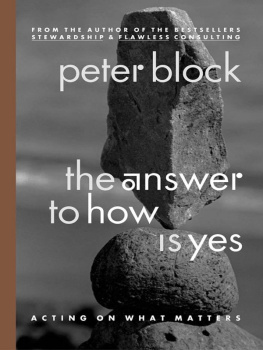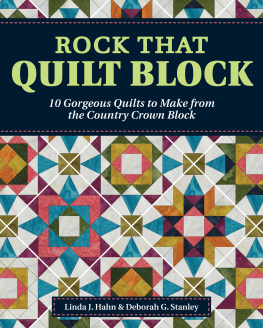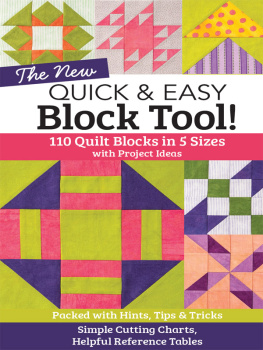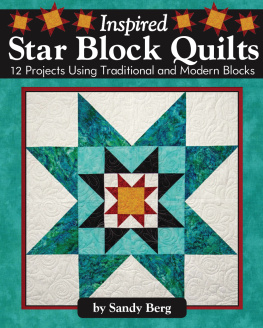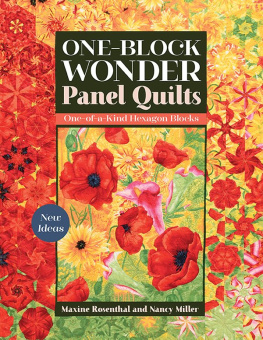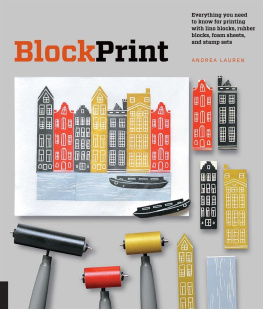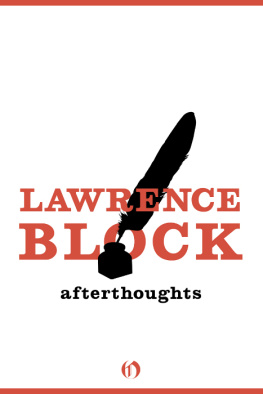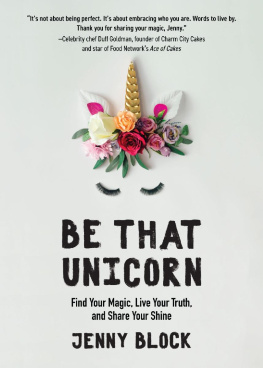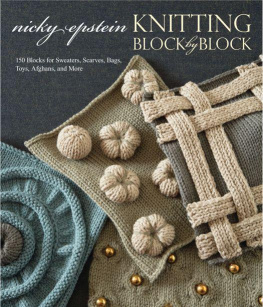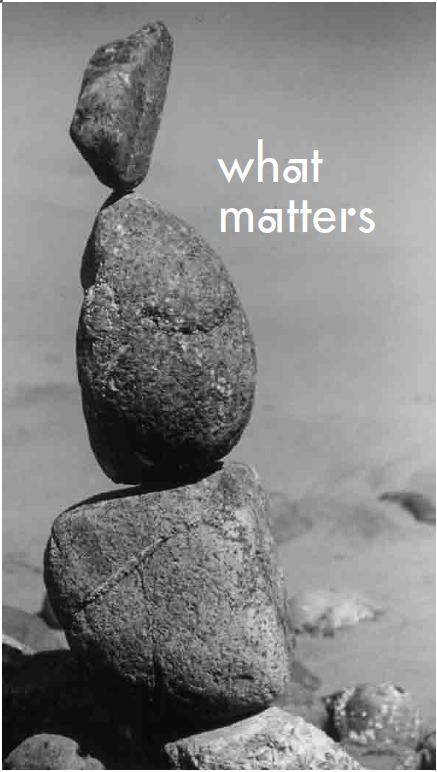introduction: acting on what matters.
There is depth in the question How do I do this? that is worth exploring. The question is a defense against the action. It is a leap past the question of purpose, past the question of intentions, and past the drama of responsibility. The question How?more than any other question looks for the answer outside of us. It is an indirect expression of our doubts....
Choosing Freedom, Service, and Adventure,
Peter Block, Stewardship, (p. 234)
There is something in the persistent question How? that expresses each persons struggle between having confidence in their capacity to live a life of purpose and yielding to the daily demands of being practical. It is entirely possible to spend our days engaged in activities that work well for us and achieve our objectives, and still wonder whether we are really making a difference in the world. My premise is that this culture, and we as members of it, have yielded too easily to what is doable and practical and popular. In the process we have sacrificed the pursuit of what is in our hearts. We find ourselves giving in to our doubts, and settling for what we know how to do, or can soon learn how to do, instead of pursuing what most matters to us and living with the adventure and anxiety that this requires.
The idea that asking how to do something may be an obstacle rather than an enabler ended my 1993 book, Stewardship. In the final chapter, there is the suggestion that How? is a symbol of our caution and reinforces the belief that, no matter what the question, there is an answer out there that I need and will make the difference. I pick How? as a symbol simply because it is far and away the most common question I hear. It has always struck me that I can write or speak the most radical thoughts imaginable. I can advocate revolution, the end of leadership, the abolition of appraising each other, the empowerment of the least among us, the end of life on the planet as we know it, and no one ever argues with me. The only questions I hear are How do you get there from here? Where has this worked? What would it cost and what is the return on investment? This has led me to the belief that the questions about How? are more interesting than any answer to them might be. They stand for some deeper concerns. So in this book, the starting point is to question the questions.
What Is Worth Doing
We often avoid the question of whether something is worth doing by going straight to the question How do we do it? In fact, when we believe that something is definitely not worth doing, we are particularly eager to start asking How? We can look at what is worth doing at many different levels: As an individual I can wonder whether I can be myself and do what I want and still make a living. For an organization I can ask for whose sake does this organization exist and does it exist for any larger purpose than to survive and be economically successful? As a society, have we replaced a sense of community and civic engagement for economic well being and the pursuit of our private ambition?
Too often when a discussion is dominated by questions of How? we risk overvaluing what is practical and doable and postpone the questions of larger purpose and collective well being. With the question How? we risk aspiring to goals that are defined for us by the culture and by our institutions, at the expense of pursuing purposes and intentions that arise from within ourselves.
If we were really committed to the pursuit of what matters, we might be well served to hold a moratorium on the question How? There is an image I first heard from Jim Walker, a change-oriented executive and good soul, who was put in charge of a struggling AT&T business some years ago. He used to ask, What do you do when you find yourself in a hole? His answer was, The first thing you do is stop digging. That stuck with me. Most of the time, when something I am trying does not work, I simply try harder. If I am trying to control a business, a project, or a relationship and it is failing, then I doggedly do more of what is not working.
If we could agree that for six months we would not ask How? , something in our lives, our institutions, and our culture might shift for the better. It would force us to engage in conversations about why we do what we do, as individuals and as institutions. It would create the space for longer discussions about purpose, about what is worth doing. It would refocus our attention on deciding what is the right question, rather than what is the right answer.

